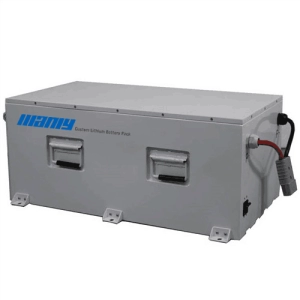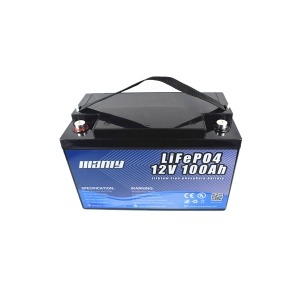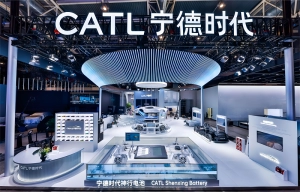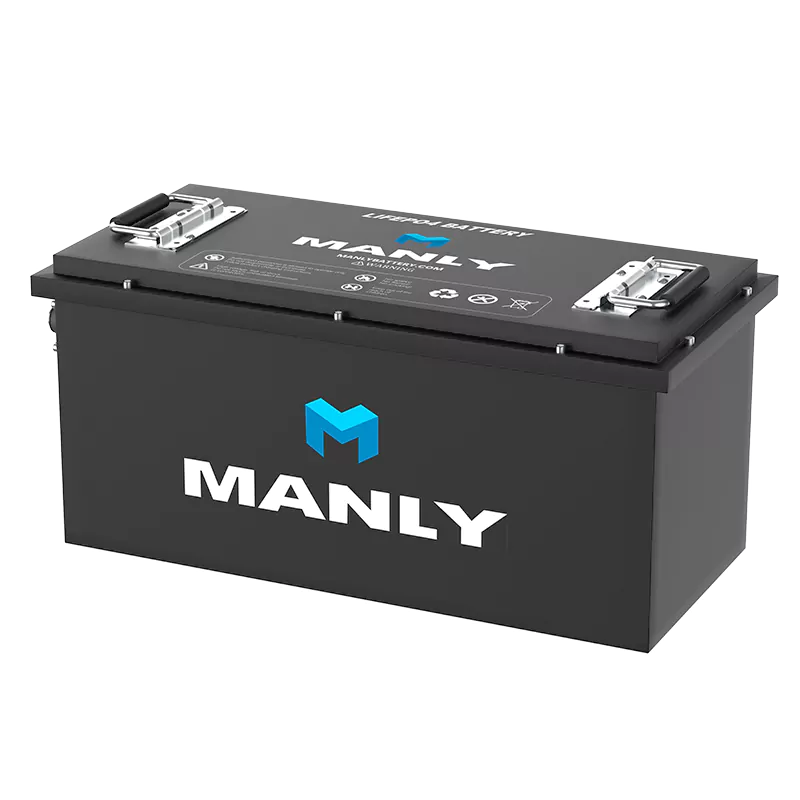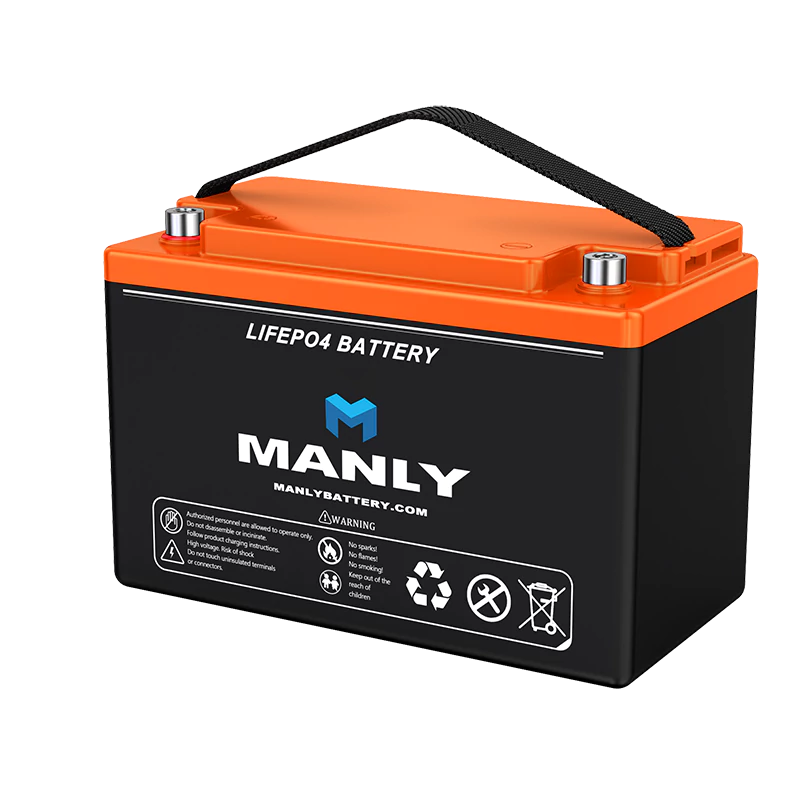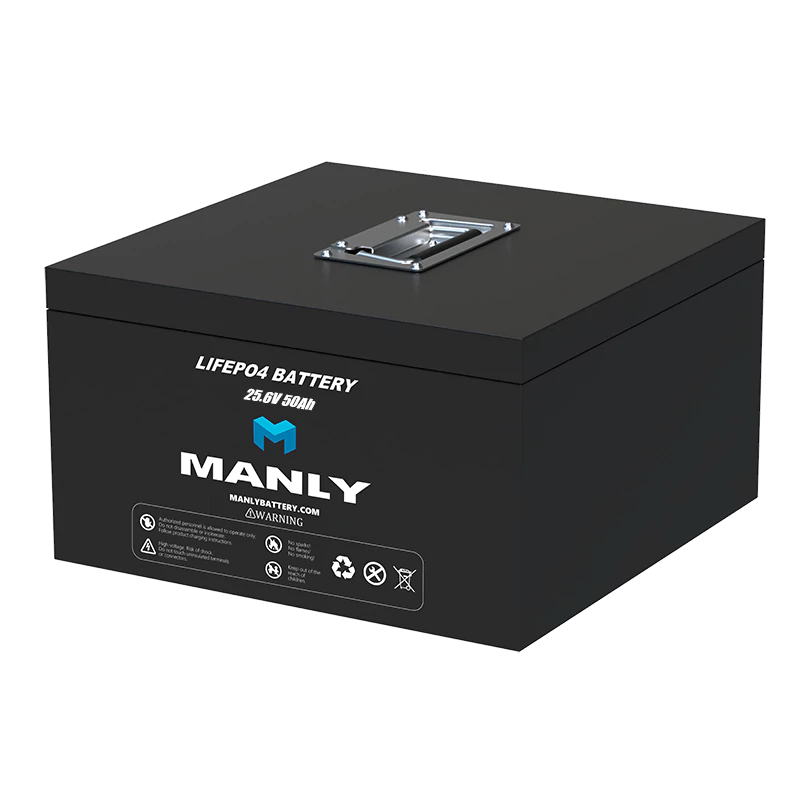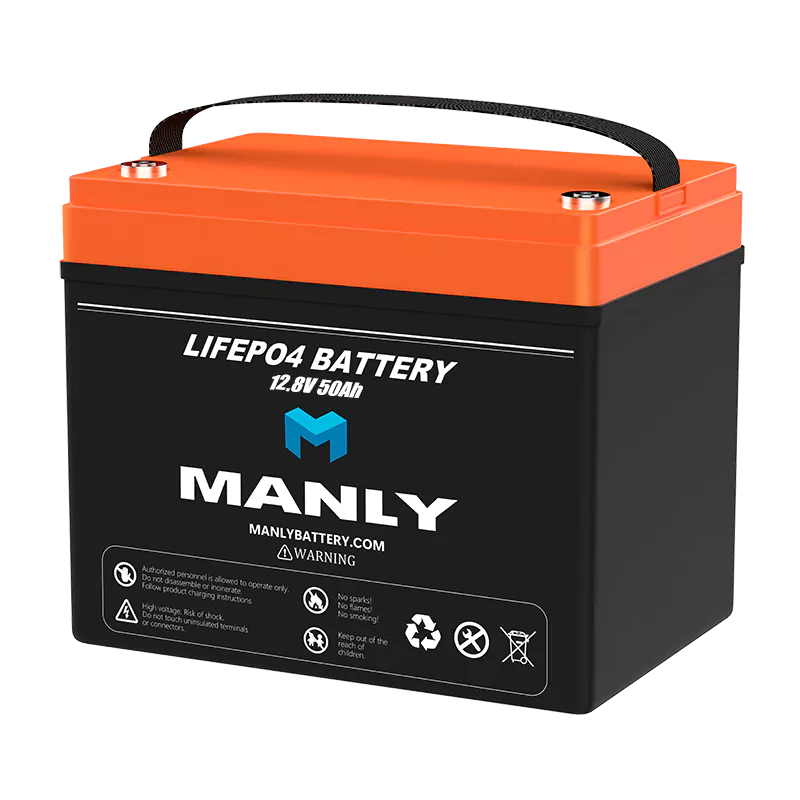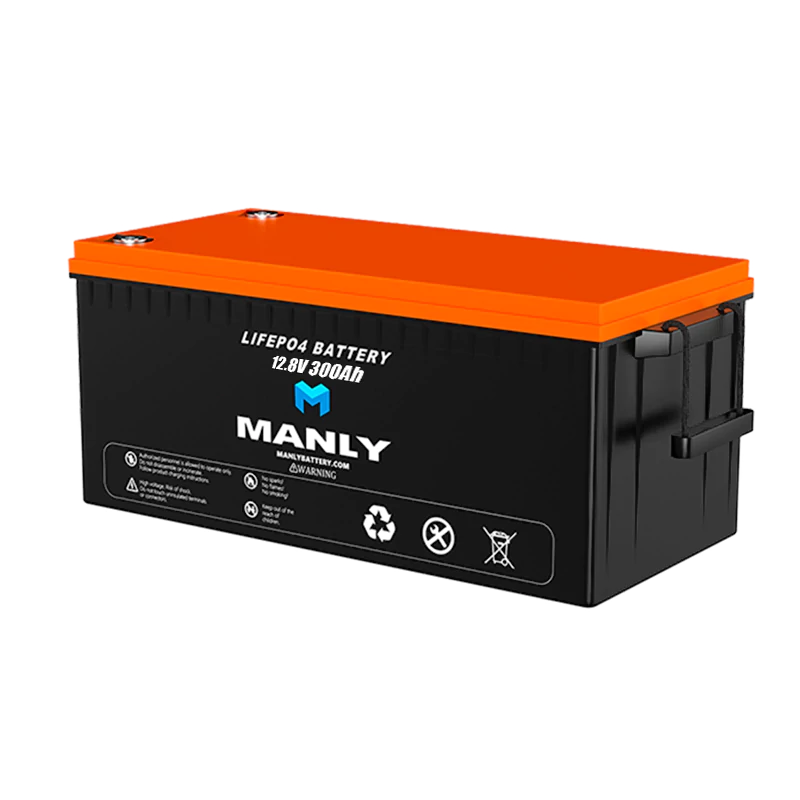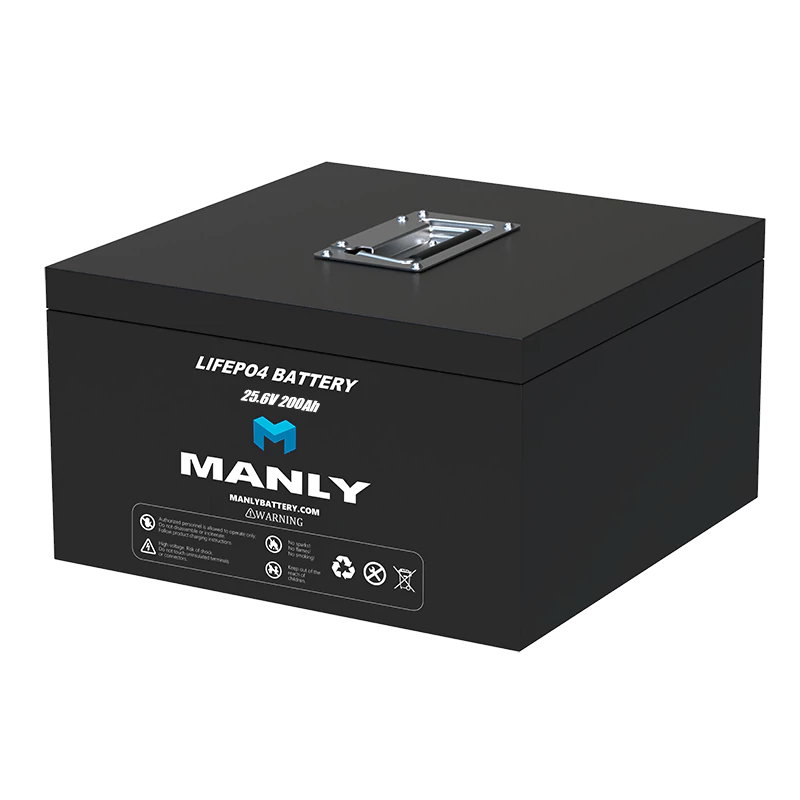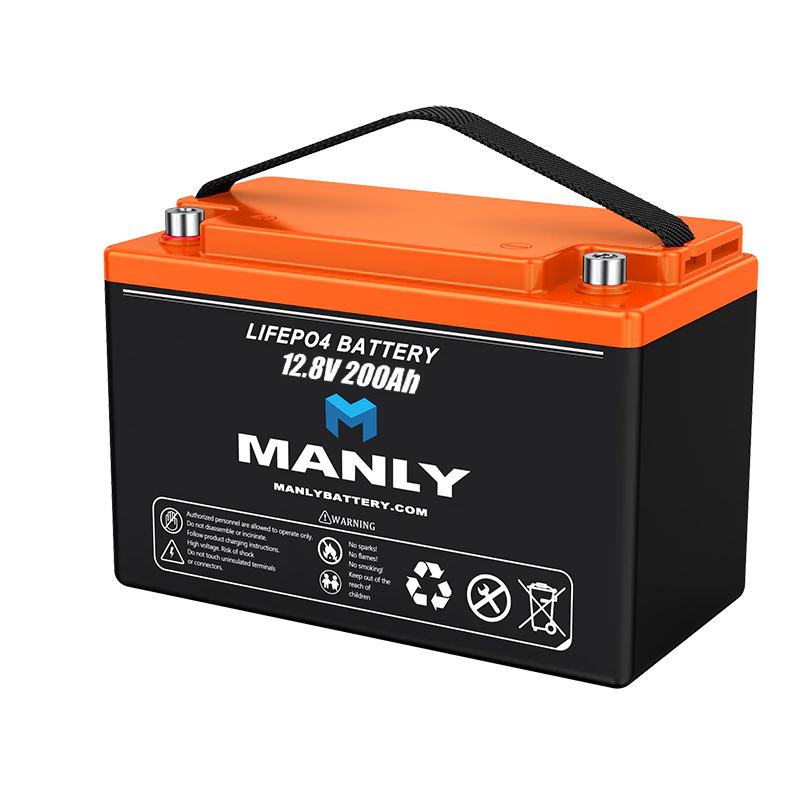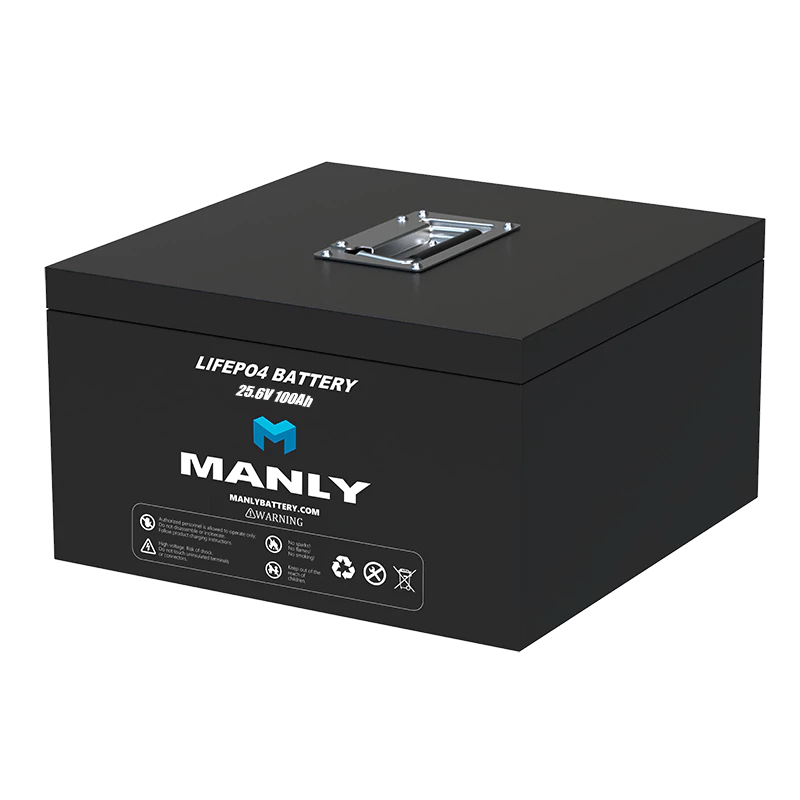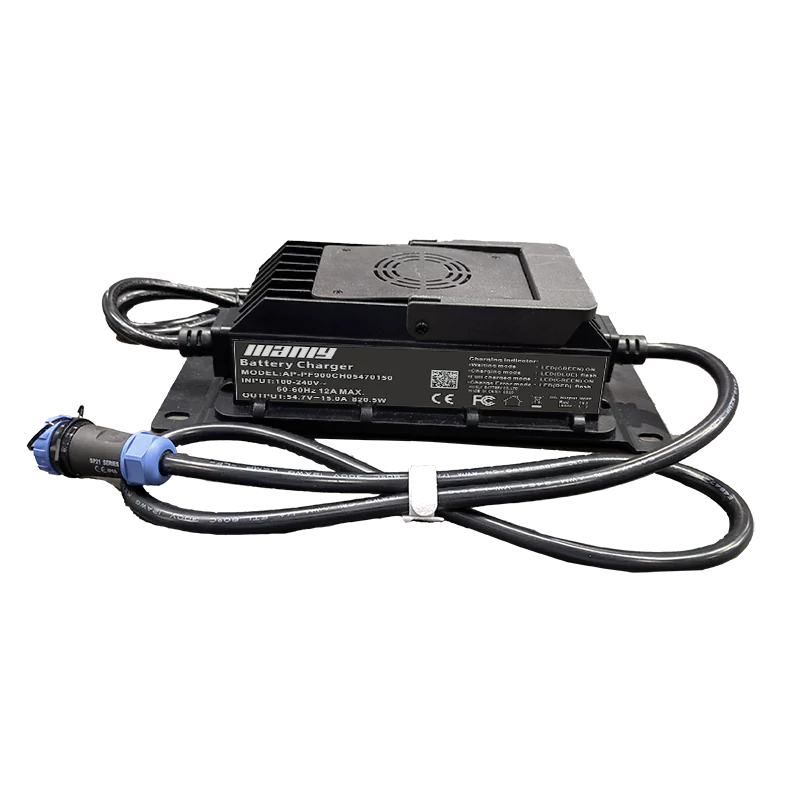Powering RV Adventures: A Deep Guide Regarding RV Solar Batteries
Table of Contents
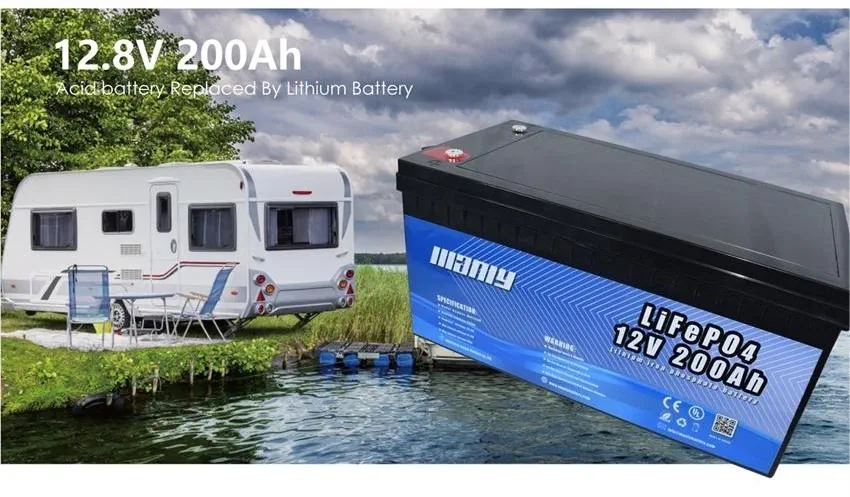
Different Types of RV Solar Batteries
A perfect solar-powered RV lifestyle comprises enjoying the freedom of open roads in addition to remaining friendly to the environment. What empowers an RV to do so is a battery that’s been designed to store and deliver solar energy. Let’s learn more about the types of these batteries.- Lead-Acid Batteries
- AGM (Absorbent Glass Mat) Batteries: This model of lead-acid batteries is sealed and maintenance-free. The use of a fiberglass mat between the plates of this model makes it appropriate for deep-cycle applications.
- Gel Batteries: This model is also sealed and maintenance-free. Gel batteries use a gel-like electrolyte for maximized protection and durability.
- Flooded (Wet Cell) Batteries: This model is the traditional lead-acid battery type with liquid electrolyte. It needs frequent maintenance but comes as a budget-friendly option.
- Lithium Batteries
- High Energy Density
- Longer Lifespan
- Fast Charging
- Depth of Discharge
- Battery Type: The initial phase is to determine the type of RV solar battery. As noted earlier, these batteries come in two available formats: lead-acid batteries and lithium batteries. Each of these standards comes with its advantages and drawbacks that help you make your choice accordingly.
- Capacity (Ah): To nail the right capacity you need for your RV’s energy requirements, evaluate the appliances, devices, and systems you need to power. Also, don't forget to consider the duration you might need to operate solely on the battery.
- Voltage: It’s critical to make sure your desired battery voltage fits the requirements of your RV's electrical system. Typical voltage options are 12V, 24V, and 48V.
- Weight and Size: These characteristics are extremely integral, primarily for RVs with restricted space or weight capacity. Lithium batteries are generally more lightweight and packed than other options, hence being a more pleasing preference for most RV owners.
- Cycle Life: This is the number of charge-discharge cycles a battery can survive over its lifespan. Lithium batteries provide a lengthier cycle life, which makes them an enduring option for those who arrange for prolonged journeys.
- Charging Time: Most RV owners prefer batteries with a quicker charging time. This element lessens downtime during solar recharging and helps RVs pass longer roads. Lithium batteries deliver a more rapid recharge time for sure.
- Discharge Rate: This factor is critical for those who intend to run high-power appliances. Lithium batteries generally deliver a higher and more consistent discharge rate.
- Temperature Tolerance: Some battery models are more susceptible to extremely high or low temperatures, which might seriously affect their performance. That’s why it’s crucial to assess how they function in different temperature conditions.
- Maintenance: Lead-acid batteries may require more recurring maintenance, but lithium batteries generally demand low maintenance tasks. They typically need minimal attention for optimized performance.
- Lifespan: Lead-acid batteries come with a shorter lifespan, though they’re less expensive. On the other hand, RV solar lithium batteries may have a higher upfront cost, but they last much longer which makes them a cost-effective option over time.
- Compatibility with Solar System: Your chosen battery must match the components of your RV's solar system, including charge controllers and inverters.
- Brand and Reputation: It’s vital to choose a reputable brand with a suitable history of producing dependable and long-lasting batteries. Read reviews and testimonials from RV owners to assess the performance and satisfaction levels of your chosen battery.
Solar RV Lithium Batteries vs. Lead-Acid Batteries
To make the comparison as simplified as possible, we’ve put together a table to help you find out all the differences between RV solar lithium batteries and lead-acid batteries.| Criteria | Lithium Batteries | Lead-Acid Batteries |
| Capacity | Higher energy density – more capacity in a packed size | Lower energy density – more space for the same capacity |
| Lifespan | Longer – several times more charge cycles | Shorter – especially when deep-cycled |
| Weight | Lightweight – reduces the overall weight in the RV | Heavier – weakens the weight distribution and fuel efficiency |
| Charging Time | Faster – reduces downtime during solar recharging | Slower – especially in the latter stage of the charging process |
| Maintenance | Low – typically needs minimal attention | Frequent – including checking water levels for flooded batteries |
| Performance | High discharge efficiency – offers more usable capacity | Lower discharge efficiency |
| Cost for 100 Ah | Higher – offers better long-term value | Lower – often requires more frequent replacements |
| Cycle Life | Extensive – bears multiple charge-discharge cycles | Limited – especially when deep-cycled frequently |
| Temperature Sensitivity | Low – perfect for various climates | High – weaker performance in extreme conditions |
| Self-Discharge Rate | Lower – retains charge over longer periods | Higher – more frequent charging during storage |
| Environmental Impact | Friendly – longer lifespan and fewer replacements | Depends on recycling practices and disposal approaches |
Maintenance Tips for RV Solar Batteries
If you need your RV solar batteries to provide the greatest performance and longevity, you have to maintain them properly. To do so, you need to be aware of diverse tips in this regard:- Regularly inspect the battery and its connections for signs of corrosion, loose terminals, or physical damage.
- Regularly check the water levels if your battery is a lead-acid type.
- Always protect the battery from extremely high or low temperatures as both can impact the battery’s performance.
- For lead-acid batteries, perform periodic equalization charges to balance cell voltages and prevent stratification.
- Regularly cleanse the solar panels and wash them to maximize sunlight absorption and preserve optimal charging efficiency.
- Avoid deep discharges and make sure batteries are regularly charged to prevent sulfation.
- Make sure your charger is specifically designed for your battery type because overcharging or using incompatible chargers is hazardous.
- Make sure all battery connections are tight and secure because loose terminals can lead to voltage drops.

